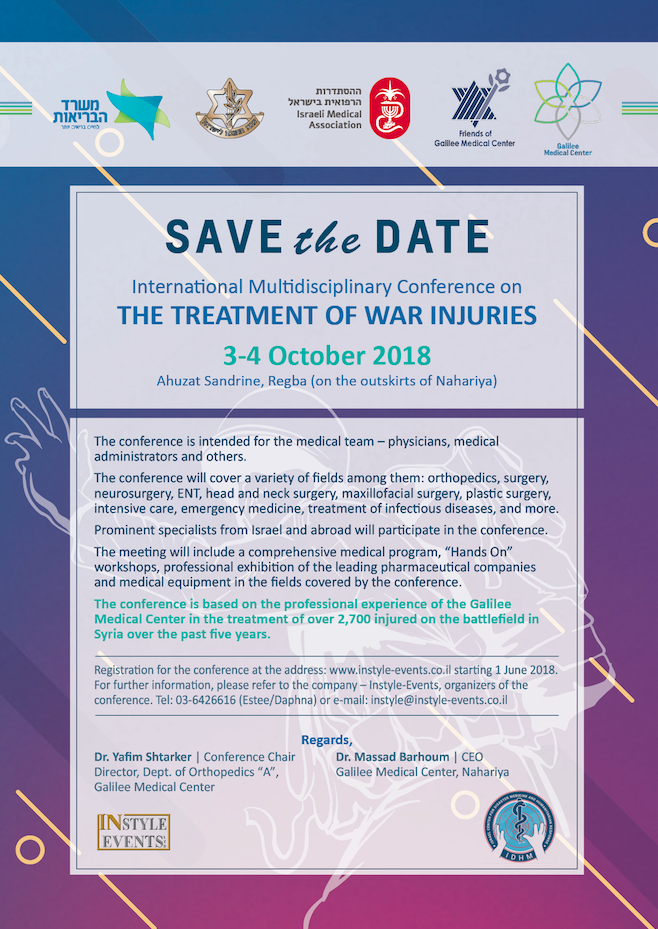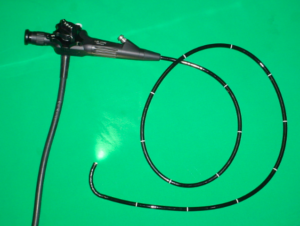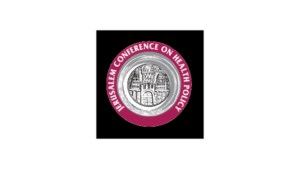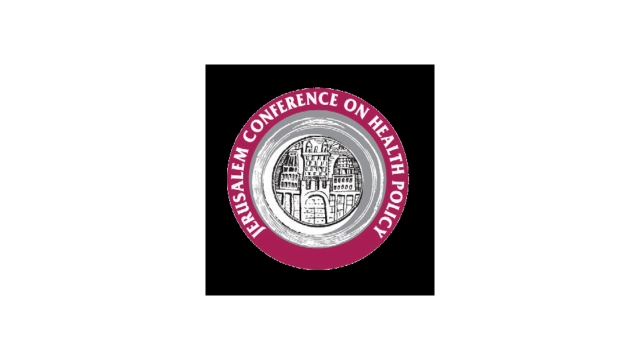
Event Category: Main Event
The meeting was chaired by Rabbi Joseph Dweck at the Montefiore Hall, Spanish and Portuguese Synagogue.
The speakers were introduced by Prof David R Katz.
Participants were Prof David Jones Director of the (Catholic) Anscombe Bioethics Centre, Prof Gurch Randhawa [Professor of Diversity in Public Health and Director, Institute for Health Research, University of Bedfordshire, who was a member of the Department of Health Organ Donation Taskforce and Chair of their Social and Cultural Expert Working Group] and Prof Anthony Warrens [Dean for Education, Professor of Renal and Transplantation Medicine and Director of the Institute of Health Sciences Educations at Barts and the London School of Medicine and Dentistry, Queen Mary, University of London, and former chair of the British Transplant Society]. Prof Rudge [National Clinical Director for Transplantation 2008–2011, Retired Consultant Transplant Surgeon (Royal London Hospital)], was unfortunately unable to attend for health reasons, but sent a message to supplement his February 2018 British Journal of General Practice editorial – both were distributed at the event. The consultation questions were also available for attendees.
Rabbi Dweck introduced the topic by explaining the concept of saving life, and how it should be interpreted in Judaism. Although based on Torah, it remains a topic of Rabbinic debate.
Prof Jones noted that Catholic countries in general have high transplantation rates. Pope John Paul II encouraged organ donation, and in Spain the Bishops regarded donation as Imitatio Jesu, and was thus an obligation. The Catholic consensus was that explicit consent is required, as without it organ retrieval was plunder or dispossession. Pope John Paul had also endorsed brain stem death. However, there were instances of backlash against this view as evidenced by a parent who had not appreciated that the heart would be “restarted” once consent had been given in order for donation to occur.
Prof Randhawa emphasized that organ donation was a partnership between different interested parties. He provided data – 6.4% of donors are from BAME groups; 22% of recipients and 30% of the waiting list is from these groups. The value of the current register is clear – only 46% of those approached who had not been on the register would donate organs, much lower than the overall average standard of ~60%. The combination of being on the register and the Specialist Nurse in Organ Donation was critical – in this cohort the outcome was 93% donation rate. The opt-out rate of 6% in Wales was not inconsiderable. He showed examples how community engagement (in which he himself has been very pro-active) was being used to promote organ donation.
Prof Warrens said that as a treating clinician he believed that a “soft” opt-out was a useful option. He was unsure of the current Welsh data as the numbers are small. The Jewish view of mode of death remained an area of controversy. The most important factor was that the family should be aware of, and give expression to, the donor’s wishes.
Rabbi Dweck concluded the meeting, thanking the speakers, and noting that the definition of death remained a problem for the Jewish community; the principle of organ donation itself is not.

On Monday 5th March 2018 the Association hosted a reception for a team of visiting Israeli colorectal surgeons.
The visit was organized by Prof Alex Deutsch and was led by Dr Reuven Weil from the Rabin Medical Centre (Golda).
The visit was supported by the Israel, Britain and the Commonwealth Association – John Furman Fund; and by the David Yanir Foundation for the Advancement of Colorectal Surgery in Israel.
The members of the visiting team were:
Dr Betty Abitbul (Barzilai Medical Centre, Ashkelon)
Dr Midhat Abu Snieneh (Asaf Harofe Medical Centre, Ramla)
Dr Shadi Abu Swis (Soroka Medical Centre, Beersheba)
Dr Nimrod Aviran (Beilinson Medical Centre, Petach Tikva)
Dr Guy Elad (Meir Medical Centre, Kfar Saba)
Dr Khalayieh Harbi (Kaplan Medical Centre, Rehovot)
Dr Muhammad Khalifa (W esternGalilee Medical Centre, Nahariyah)
Dr Guy Pascal (Carmel Medical Centre, Haifa)
Dr Jacob Rachmuth (Hadassah-HU Medical Centre, Jerusalem)
Dr Meir Zemel (Sourasky-Ichilov Medical Centre, Tel Aviv)
While in the UK they were the guests of Mr Richard Cohen (University College London Hospital), Mr Joseph Nunoo-Mensah (Kings College Hospital) and Mr Andrew Williams (St Thomas’s Hospital), and will be attending a course at Basingstoke Hospital.
Following the reception there was a panel discussion symposium chaired by Prof Irving Taylor on the topic of “Ulcerative Colitis 2017”.
After an update on medical (Dr Sara McCartney) and surgical (Mr Richard Cohen) aspects of the disease, three Ulcerative Colitis case studies were presented by the visiting Israeli surgeons for discussion of management.
Prof Ora Paltiel gave the main talk at a meeting organised together with the UK Medical Women’s Federation. The theme was the role of women in medicine from an Israeli perspective. Prof Parveen Kumar (who had visited Israel as Henry Cohen Visiting Professor and met with the leading women in Israeli medicine) and Dr Henrietta Bowden-Jones (i.e. past President and President of the Medical Womens’ Federation respectively) discussed the comparative status of medical women in the two countries; and Association members Dr Naomi Katz and Dr Nicola Rosenfelder provided their perspectives on the current situation in the UK.
The 7th Jerusalem International Conference on Health Policy Research will take place on 15th -17th September 2019. Click here for further details on the event flyer.
Topics which will be covered include:

• Data driven care – realizing the promise
• ‘Uber’ization of healthcare – dream or nightmare?
• Innovation in health economics and the economics of healthcare innovation
• New challenges and threats in the age of innovation
This meeting is sponsored by the Israeli National Institute for Health Policy Research, and there is a tradition of British participation in the previous meetings.

The Anglo – Israel Cardiovascular Symposium, which is linked to the annual meeting of Israeli cardiologists, will take place on 4th and 5th December 2019. Details are on the event flyer here.

